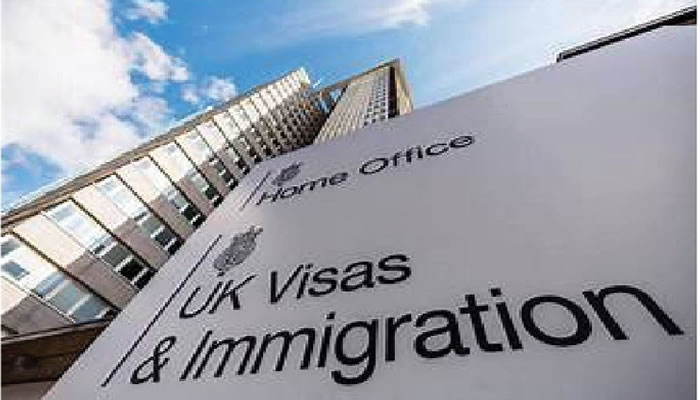
The dream of many Nigerian youths to relocate to the United Kingdom for work or academic pursuits is fading following the unveiling of a controversial White Paper by the British government aimed at drastically reducing net migration. The new policy proposals, which have sparked global debate, are forcing prospective immigrants and those already in the UK to reconsider their plans.
Unveiled by Prime Minister Keir Starmer, the 2025 Immigration White Paper, titled ‘Restoring Control over the Immigration System,’ sets out to cut net migration by 100,000 annually. The document outlines sweeping changes affecting work, study, family, and asylum routes. Among the most significant reforms are an extended settlement period, tougher skilled worker requirements, a shortened post-study work visa, and stricter English language criteria.
For skilled workers, the UK will now require university degrees and higher salary thresholds for visa eligibility. The Immigration Skills Charge paid by sponsoring employers will rise by 32 percent, increasing the financial burden on companies hiring from abroad. The social care sector, a major employer of Nigerian immigrants, faces a severe clampdown as new social care visas will close to overseas applicants, though those already in the UK can extend or switch visas until 2028.
International students are also affected, with the post-study work visa period reduced from two years to 18 months. Universities will be required to meet stricter compliance standards, including high enrolment and completion rates. The path to permanent settlement will now take 10 years, unless the applicant makes notable economic or social contributions.
The proposed reforms have been met with dismay among Nigerians, many of whom now see the window for relocation to the UK narrowing rapidly. Experts advise Nigerians to explore alternative destinations such as Germany, Portugal, Australia, and Canada, which currently offer more accommodating immigration policies. They also recommend upskilling and focusing on high-demand professions to remain competitive under the new rules.
Legal experts urge those already in the UK to seek advice on their rights and to maintain strong records of societal contributions. Meanwhile, the increased financial requirements for student visas-now up to N50 million-are expected to further deter prospective applicants.
Some Nigerians have criticised the move as a reflection of a broader Western trend to limit legal migration and discourage long-term settlement by foreign nationals. Others argue that the UK’s policies are pushing young Nigerians to focus on building sustainable livelihoods at home or to consider other countries with more favorable immigration climates.
As the UK government prepares to turn the White Paper into law, many Nigerians are left weighing their options and rethinking their migration strategies in light of the new, much tougher landscape.







